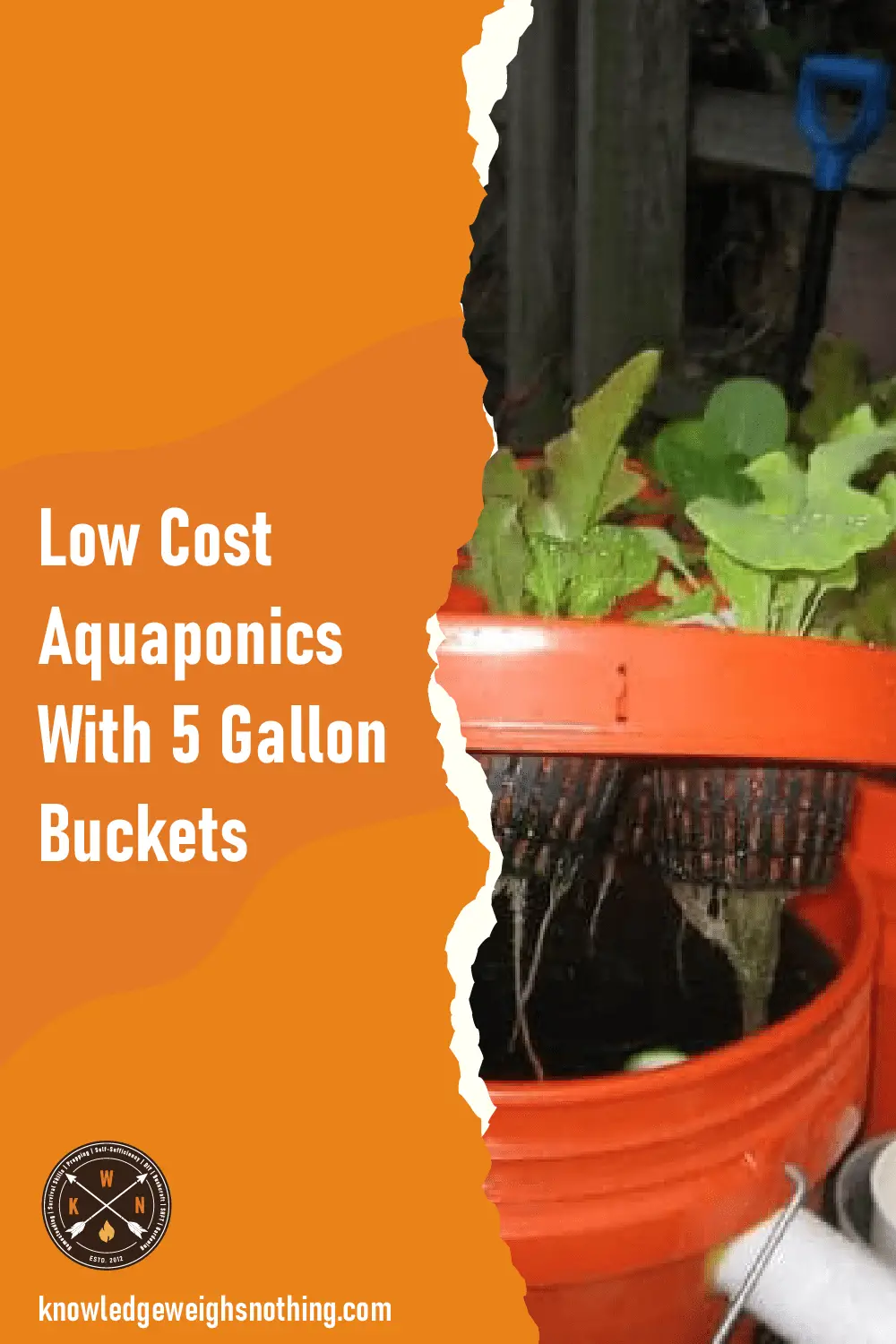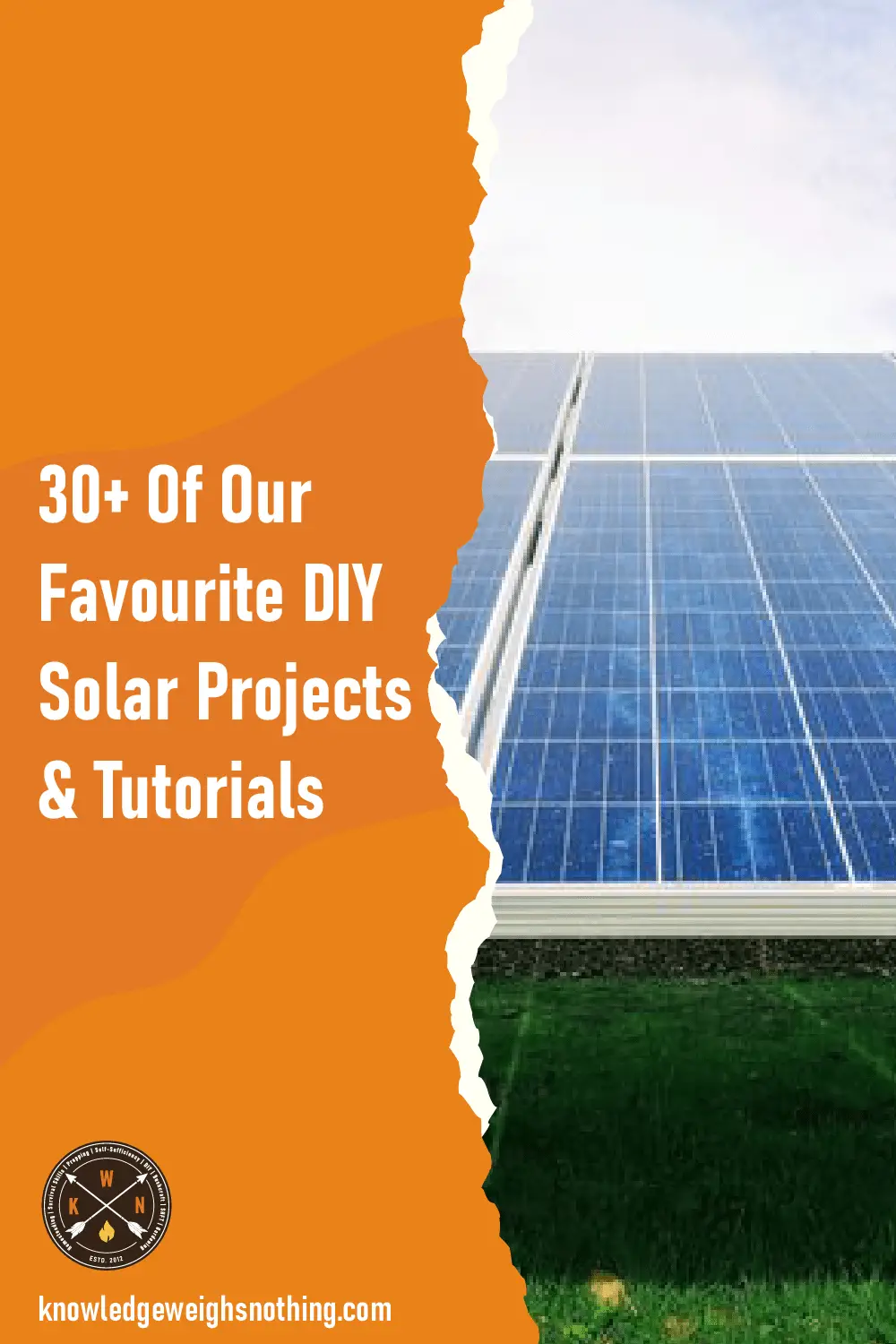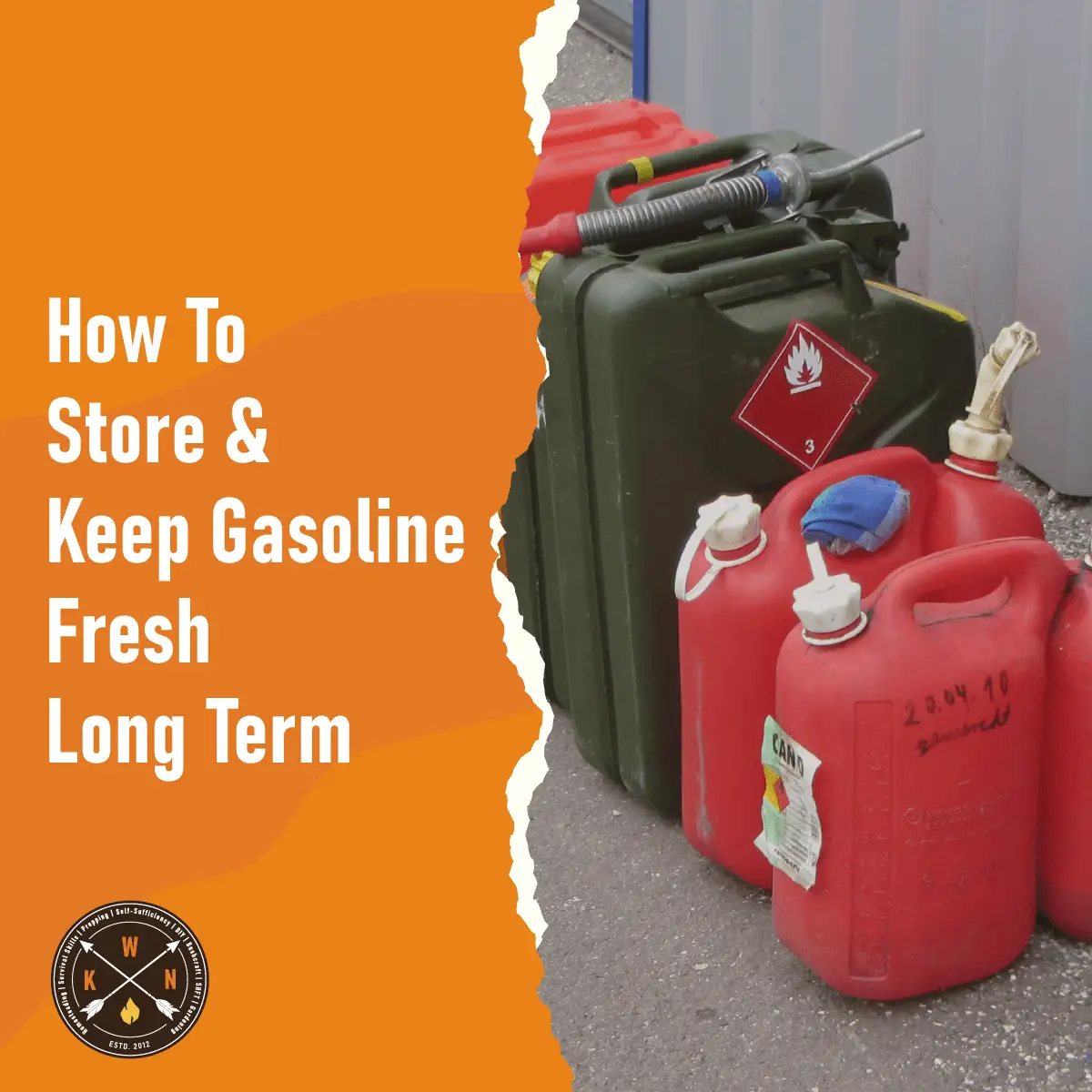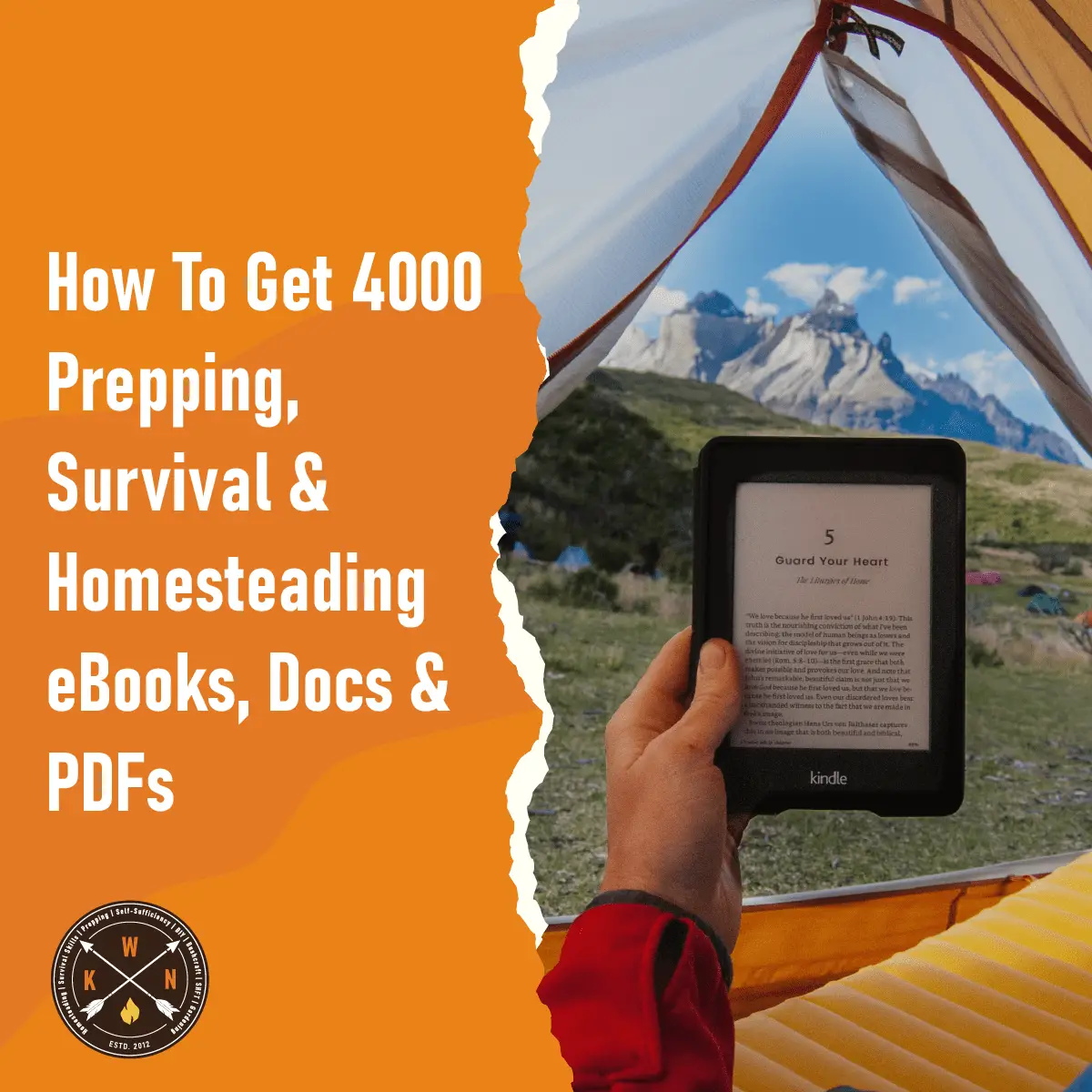Whether you’re seeking to live a simpler life in the woods or wish to enhance your survivalist equipment should there be a major emergency, there are several pieces of equipment that are invaluable. While specific investments may vary based upon your location and level of need, the following investments are ideal for all homesteaders and survivalists.
Extend the Growing Season with a Greenhouse
A greenhouse is a must! You can start seeds off earlier in the year in the (warmer) greenhouse so they can be planted out in the ground later in the year when it has warmed up a bit. Depending on your region, a greenhouse can extend the growing season by two-three months. Additionally, a greenhouse enables you to grow other fruit and vegetables such as tomatoes and cucumbers which may not be suited to outdoor growing in your region.
Keep Warm and Cook Your Food and Boil Your Water – Woodburning Stove
If you’re living off-grid, access to electricity is not an option. Moreover, even if you currently have access to electricity or gas, what would happen if these major utilities were suddenly unavailable? This is where a wood-burning stove comes into play. Not only does this simple, yet extremely effective, appliance allow you to properly cook foods and boil water, but its heat distribution is ideal for heating your entire home.
Can’t afford to purchase a new wood burner? Why not make one! Check these DIY wood burner tutorials
Solar Panels for Electricity
Simply because you wish to live off-grid doesn’t mean you have to sacrifice electricity. Solar panels have become far more affordable in recent years, and with the increase in technology regarding this product, they’re far more able to collect energy even during cloudy days.
Due to the wide array of solar panel products and sizes, it’s best to perform research regarding the best solution for your home.
Find out how to get solar panels for free! It takes a bit of detective work, but it’s worth it as you can save a fortune.
Duckweed Production to Feed Livestock
Farmers, both large and small, continually search for ways to reduce livestock feed expenses without sacrificing nutrition. In the farming community, Duckweed has grown in popularity in use due to its easy cultivation methods and high nutritional profile.
Duckweed consists of:
- 35 to 43 per cent of crude protein – around the same concentration as dried soybean meal
- 5 per cent of polyunsaturated fats
- 5 to 15 per cent of fibre
- Trace amounts of carotene, xanthophyll, vitamin A and a host of other nutrients
While the nutrient concentration of Duckweed is what draws some farmers, the ease of its growing and harvesting is its primary attraction. Under ideal growing conditions, such as a simulated and protected lagoon setting, this plant can double its size within a matter of 16 hours to two days. In an average setting, farmers may yield anywhere from 2 to 23 tons of dried plant matter per harvesting year. Its exceptional growth rate and massive harvest yields make Duckweed a viable option for most farmers.
You can find out more about growing duckweed here. Also, whilst you are at it, you should probably learn some more about growing spirulina too.
Pressure Canner and Food Dehydrator
Part of being a successful homesteader means being able to sustain your own food source. If you have a garden or purchase fresh fruits and vegetables at a farmer’s market, a pressure canner and food dehydrator can prolong the life of your food – ideal for those long, barren winter months. While the majority of pressure canners and dehydrators requires electricity, most can be run on the electricity gathered through solar panels.
Whether you’re seeking to live a simpler life in the woods or wish to enhance your survivalist equipment should there be a major emergency, there are several pieces of equipment that are invaluable. While specific investments may vary based upon your location and level of need, the following investments are ideal for all homesteaders and survivalists.
Many people are put off investing in pressure canners and food dehydrators, thinking they are going to be very expensive. These days this is not the case… We used this pressure canner and this food dehydrator. Combined they both cost $115 (pressure canner@ $80 and dehydrator@ $35). The pressure canner also doubles as a pressure cooker too!





